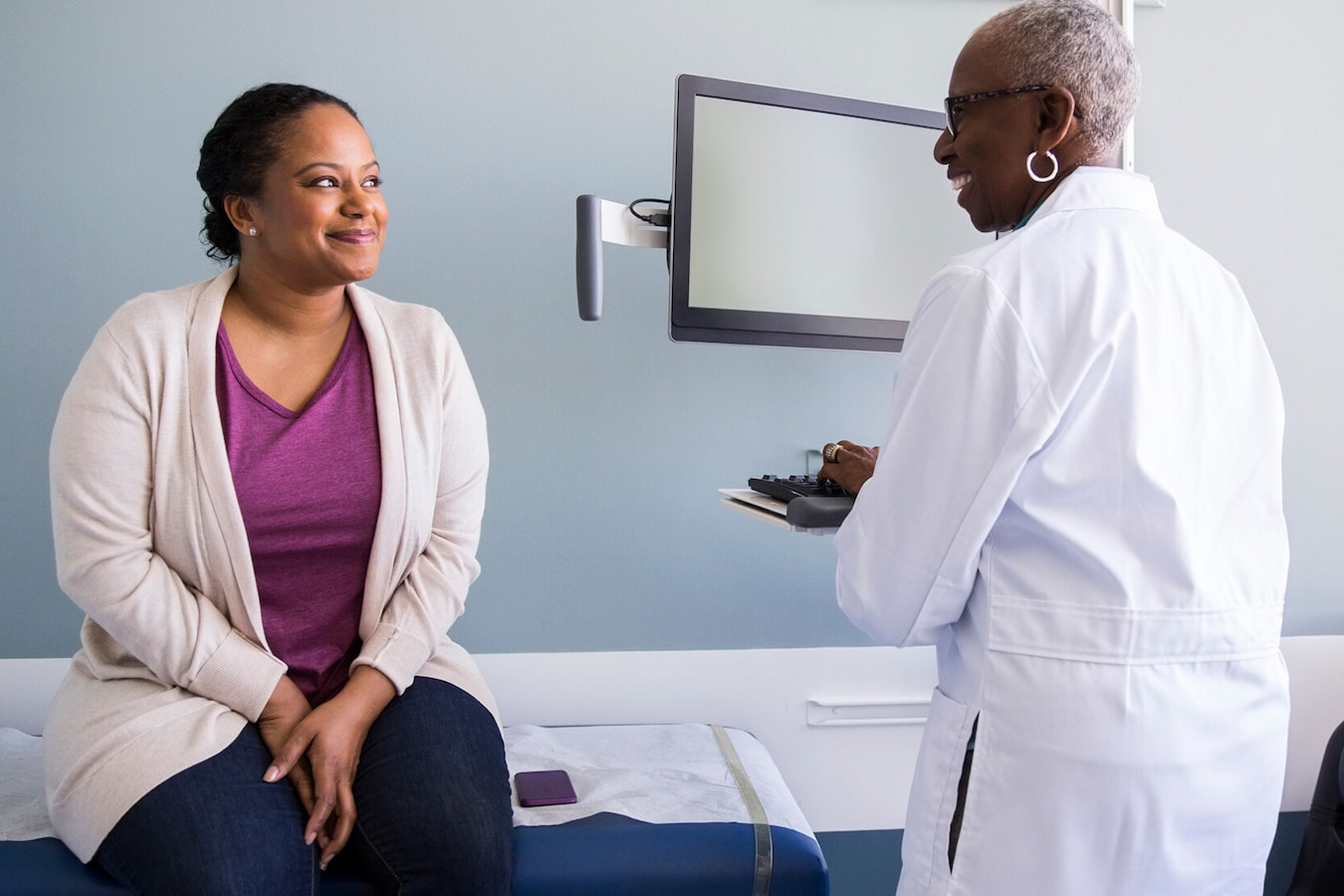Efficient clinical trials depend on strong site relationships—and that’s exactly where Merusha Naidoo thrives. As a leader of SubjectWell’s site companion team, Merusha supports clinic staff and manages client relations, helping sites overcome barriers and create better experiences for patients. Her work ensures that site challenges never become bottlenecks, and that empathy and strategic thinking go hand in hand.
My role as a site companion leader
“I manage a team of site companions who assist and monitor site and study performance with the goal of easing site burden,” says Merusha.
From South Africa, she supports trials across the U.S., UK, Canada, Australia, New Zealand, and beyond. Every day, she’s solving problems with one eye on the site experience and the other on study performance.
Why I love this work
Merusha thrives on complexity. “I enjoy the out-of-the-box thinking required to support sites,” she says. “Each site has its own unique needs.”
She also values the long-term client relationships she builds and how those relationships directly impact trial success. “Leveraging our rapport helps us positively influence both patient experience and participation,” she explains.
A day in my role
Most conversations are collaborative, not corrective. “We talk with sites about challenges they’re facing, ask for updates on patient statuses, and offer solutions to ease their burden,” says Merusha.
Whether it’s workflow optimization, system guidance, or screening strategies, she and her team are on the lookout for ways to improve both efficiency and engagement.
How we build trust and keep things moving
It all starts with empathy. “When we approach a situation to understand, we create a space in which there is mutual respect,” she explains. “Sites are more likely to engage and take our suggestions.”
That trust lets SubjectWell’s team support patients from first contact through enrollment, without adding more strain on clinic staff.
What sponsors should know
Merusha wants sponsors to understand how much patient decisions are shaped by information and tone, not just protocols.
“Fear and stigma are huge contributing factors to low participation and hesitation. When we provide context and share as much information as possible, patients can make a more informed decision.”
And it’s that kind of support: thoughtful, empathetic, and operationally sound, that leads to better recruitment, smoother processes, and ultimately, stronger outcomes.






